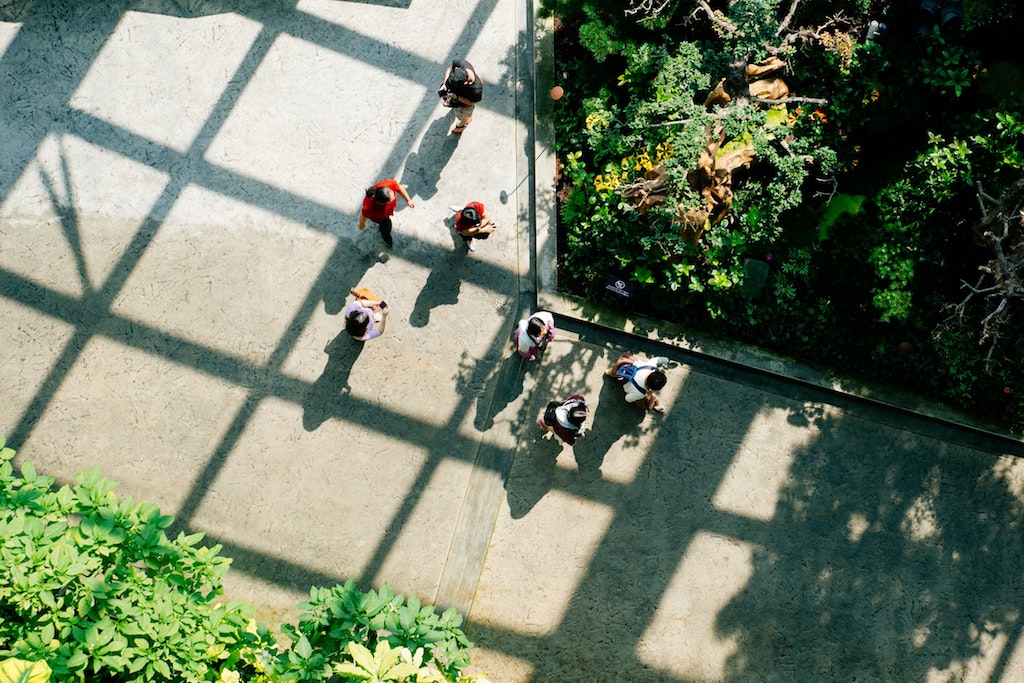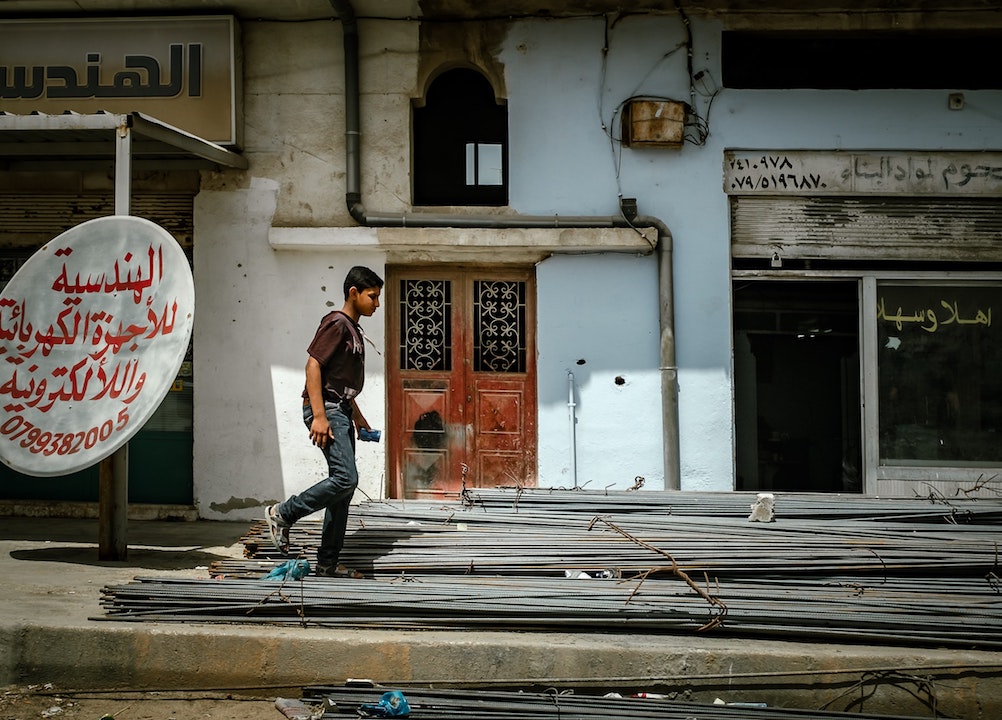Reem Gouda reflects on the event, COVID-19: Africa’s Vaccine Challenge, co-hosted by the Department of Health Policy, Firoz Lalji Institute for Africa and the Global Health Initiative, with the support of the African Health Observatory – Platform on Health Systems and Policies. Dr. Ayoade Olatunbosun-Alakija, Dr. Fifa A Rahman, and Dr. Monique Wasunna joined a panel discussion Chaired by Dr. Lucy Kanya to highlight the challenges that African countries are facing to achieve fair access to vaccines and the meaning of vaccine equity for global management of the pandemic.
Less than 2% of the world’s COVID-19 vaccines have been administered in Africa. This means for every 100 people in Africa, only 2 doses of the vaccine have been administered. This is compared to an average of 68 doses per 100 people in high-income countries (HICs). The size of the gap is astounding, reflecting a failure of global health solidarity and a broken global health system. Traditionally, decision-making for global health happens in Geneva, Seattle, London, and Washington DC. It is rare that the appropriate presence of African leadership is involved in shaping global health policy- policy which ultimately impacts the African continent the most. COVID-19 vaccine discussions are no different, with shifting global priorities leading to inequitable access to vaccines, diagnostic and treatments.
“While higher-income countries as the United Kingdom have too many vaccines, 9 doses per person, African countries are running out of vaccines”. Dr. Ayode pointed out that the global health community is suffering from the unequal distribution of vaccines and indicated we need to start reducing the gap immediately. This can be done either by pushing countries with enough vaccines to contribute to global vaccination programs and by adding manufacturing bases across Africa to boost production of vaccines.
Moreover, within Africa doses are not equally distributed. With differences in capacity to administer vaccines at pace, some countries report shortages while other countries struggle to administer their supplies before the short expiration dates of the vaccines. While many African countries are relying on COVAX support for deliveries of vaccines, other countries are working independently to procure their own vaccines, such as Morocco and Angola, to ensure national self-reliance in vaccines and therapeutics. Such varying approaches to procurement could explain why there are huge differences in vaccination rates across African countries.
Challenges in achieving vaccine equity
Procurement of vaccines in Africa
As the pandemic evolves, and newer more virulent variants emerge, there is a critical need to enhance vaccinations to manage the situation. Lack of diagnostic tests, which help in implementing test, trace and isolate schemes, and a lack of therapeutics such as oxygen, risks an out-of-control outbreak.
The World Health Organization’s COVAX Facility, a pillar of the ACT-Accelerator, is a global attempt and mechanism aimed at procuring vaccines for Africa. As noted by Dr Rahman, it is a replication and reinforcement of the antiquated global health charity model. One that sees Africans as powerless and denies the right to self-determination. The first, and most important action, is to change the discussion and work with African countries as stakeholders and partners rather than aid recipients.
For countries choosing to receive vaccines through donations, there is inequality in vaccine donations across the region, where some donor countries are choosing to donate vaccines in order to expand or increase political influence in the region. Another step towards more equitable vaccine rollouts in Africa is to eliminate donors’ ability to decide which countries receive vaccines.
Manufacturing in Africa
According to the COVID vaccine development and access strategy, the African Union aims to cover 60% of the African population with vaccines that are proven to be safe in order to create herd immunity. But as Dr. Ayode explained, with the current vaccination rate in Africa, it can take decades to achieve the required herd immunity. This gap is being addressed by strong multilateral cooperation and African leaders’ commitment to enhance the manufacturing capacity by establishing five new vaccine-manufacturing centres as stated by the Africa Centre for Disease Control. However, the waiving of intellectual property (IP) is needed to enhance production processes.
Low and middle-income countries (LMICs) started the discussion about waiving intellectual property (IP) rights for COVID-19 vaccines and other technologies for the duration of the pandemic. But this was opposed by pharmaceutical industries and some HICs stating that dilution of IP rights are counterproductive. On the other hand, European Union (EU) has pushed to apply compulsory licensing instead of waiving IP. Compulsory licensing is when an alternative producers can produce a patent product without the consent of the patent owner. Dr. Rahman explained that compulsory licensing as a solution to a pandemic that is taking Africans lives every day is not a practical solution as different compulsory licenses and production lines would be needed for each country and a series of legal requirements may take longer time.
As pharmaceutical companies are front and centre in the discussions taking place within the manufacturing task force, tackling inequity seems to be difficult. Even the most charitable HICs would not be able to share their doses with other countries due to the deals signed with pharmaceutical companies. These deals are non-transparent, unaccountable, and have already led to wasted doses. Technology transfer, of which the much-publicised TRIPS waiver is the first step, is a welcome development in the discussion.
Vaccine hesitancy
The issue of vaccine hesitancy became a challenge during the COVID-19 pandemic. The hesitancy in some African countries arose from viewing the experience of HICs that had already started vaccinating their populations. For example, when the United Kingdom offered alternative vaccines, such as Moderna and Pfizer, to people under the age of 40, due to early data showing an increase in blood clots in some patients – other countries followed suit. This heavily impacted vaccine rollouts in African countries such as South Africa. Dr Ayode pointed out that the availability of different vaccines is very important in increase vaccine confidence among the public. She emphasised, “we cannot achieve vaccine confidence without vaccine equity”.
Conclusions: Overcoming vaccine inequity in Africa
This pandemic is considered to be an opportunity to empower African countries by supporting vaccine rollouts campaigns and prioritising research activities. For example, launched in November 2020, one of the largest clinical trials that has been carried out in Africa at 19 sites in 13 countries coordinated by the Drugs for Neglected Diseases initiative (DNDi) and ANTICOV consortium. The aim of ANTICOV clinical trial is to identify the treatments that can prevent progression of mild and moderate cases of COVID-19 and develop limited- resources guidelines that are suitable for resource constraint settings. Research is the basis to drive multi-sectoral engagement to build resilient health systems, save African lives and improve health justice. As Dr Ayaode ended her speech saying, “African countries either need to have a seat at the table or make their own table”.
The views expressed in this post are those of the author(s) and in no way reflect those of the Global Health Initiative blog or the London School of Economics and Political Science.
Photo by Tim Johnson on Unsplash





